The trend of new languages appears a lot on social networks.
Not just a trend, language variations are becoming part of the "digital culture" in the Gen Z community - the generation born and raised with technology, known as "digital citizens". Just a few minutes of surfing TikTok, Facebook or Instagram or new social networks like Threads, users can easily come across comments and videos with humorous words such as "clean private life" (instead of saying single), "novels don't even dare to write a main character like this" (when someone is too outstanding) or "our parents produce in batches or something" (when seeing that everyone's personalities are strangely similar), "help me reduce the power of this champion" (instead of praising someone for being too good).
It is noteworthy that these expressions not only exist on social networks but also penetrate the daily lives of young people, from classrooms, coffee shops to family dinner tables. Many young people consider “updating the Gen Z dictionary” a joy when communicating.
Phan Yen Nhi (19 years old, living in Ben Luc commune, Tay Ninh province) shared: "Every time I see someone using the word 'trend', I am very excited to learn and keep up. There are strange sentences but they are easy to understand thanks to the context."
Not only being humorous, many phrases also demonstrate the ability to play with words, use metaphors or invert meanings, surprising readers and listeners. For example, instead of saying “the countryside wants to bury itself”, young people will say “Son Tinh chased me but I couldn’t come down” or “please help me move up the mountain”. These variations show the flexible linguistic creativity and the ability to grasp trends very quickly of the young generation.
For Gen Z, using trendy sayings is not only for laughs but also a way to express personality and perceive the world from a personal perspective. From there, the young community creates a “common language” that helps them feel closer and more in tune with each other in the vast cyberspace. However, it cannot be denied that overusing “trendy” language can also lead to misunderstandings, even affecting the ability to use standard Vietnamese in writing or formal communication.
Ms. Le Thi My Le (residing in Tan Tru commune) said: "When I heard my child tell stories about friends praising each other with the phrase "help me reduce the strength of this general", I also laughed because the way of speaking was so cute. However, I still often remind my child to use the appropriate way of speaking for the situation, especially in a serious environment, they should choose a reasonable way of speaking to preserve the purity of the Vietnamese language."
The appearance and disappearance of hot phrases is normal, but this constant change shows the flexibility and abundant creativity of young people.
We do not need to be too strict or reserved about these new ways of speaking. Instead, we should see them as an interesting part of modern life - where language is not only a means of communication but also a tool for connecting, expressing personality and reflecting the spirit of the times./.
My Thi
Source: https://baolongan.vn/khi-gioi-tre-noi-chuyen-theo-trend-a200238.html


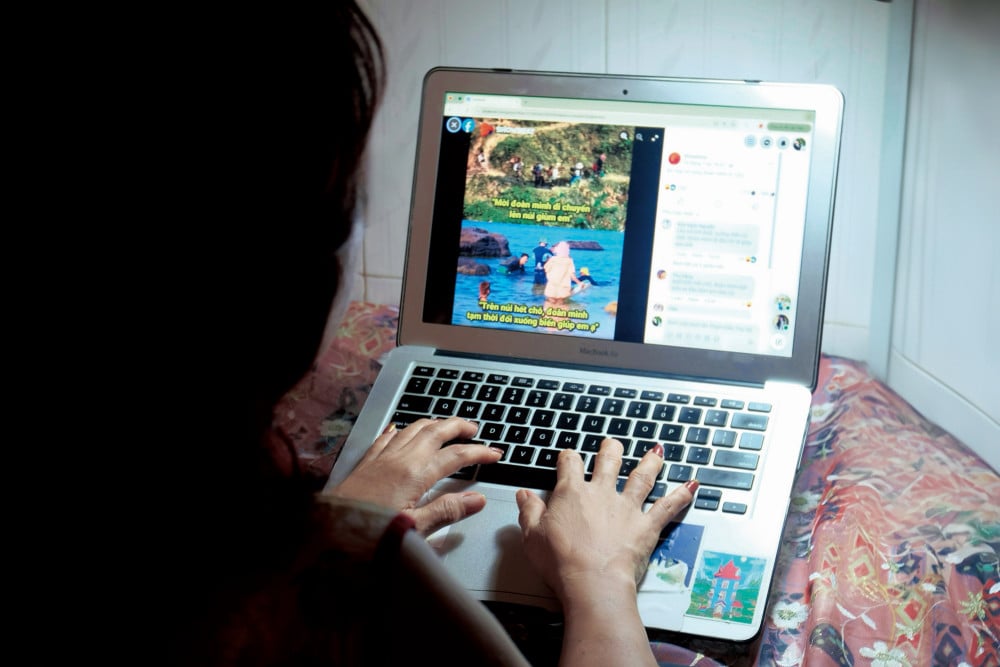











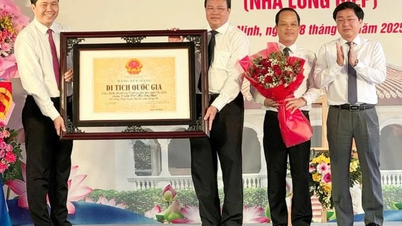

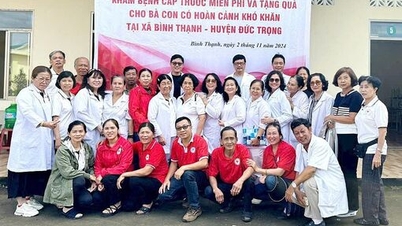


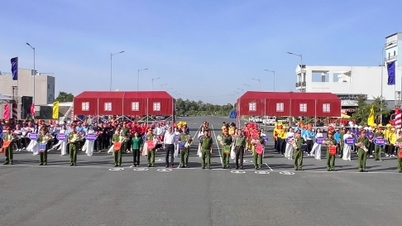



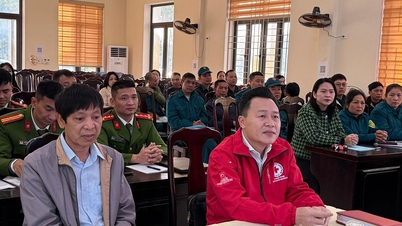









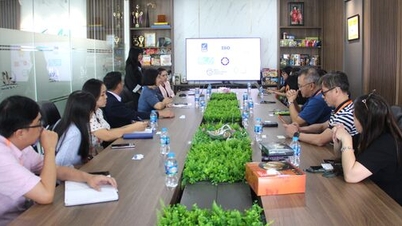

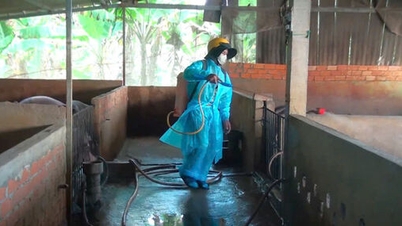


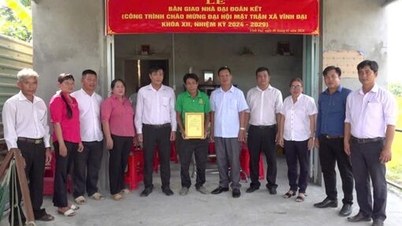


















































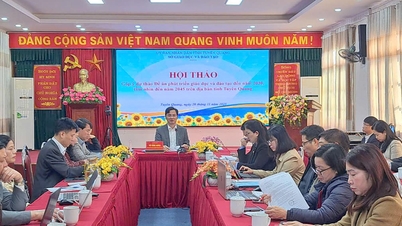
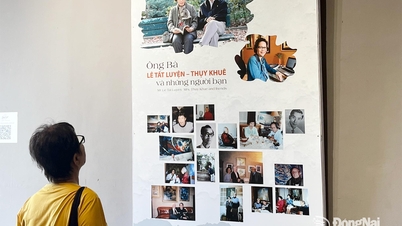

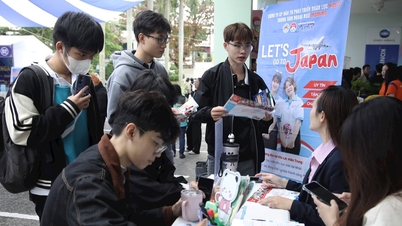











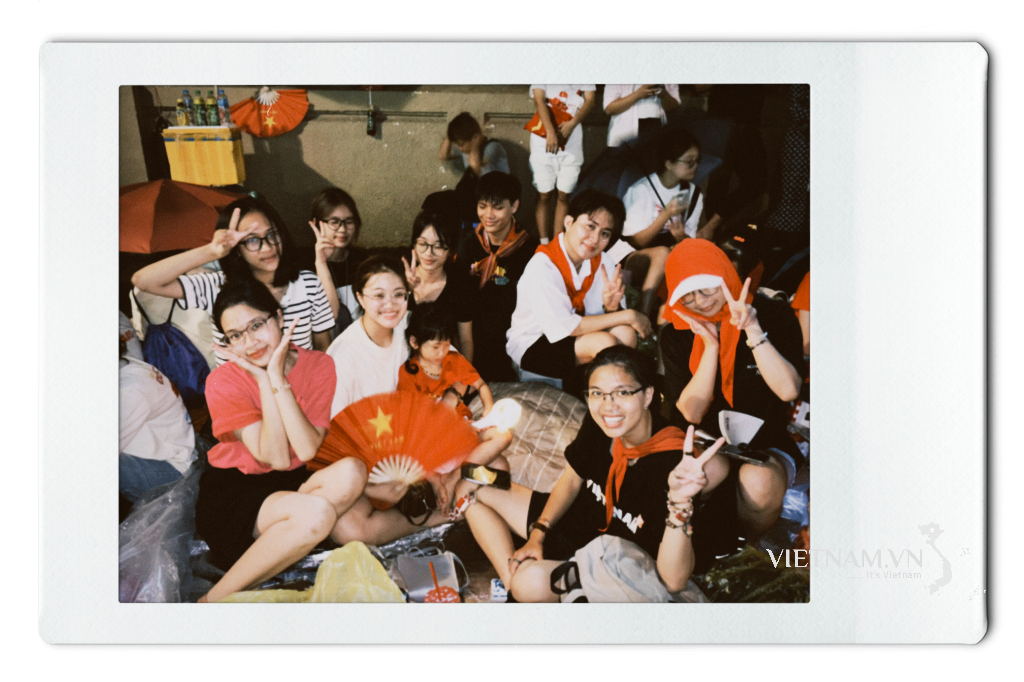



Comment (0)